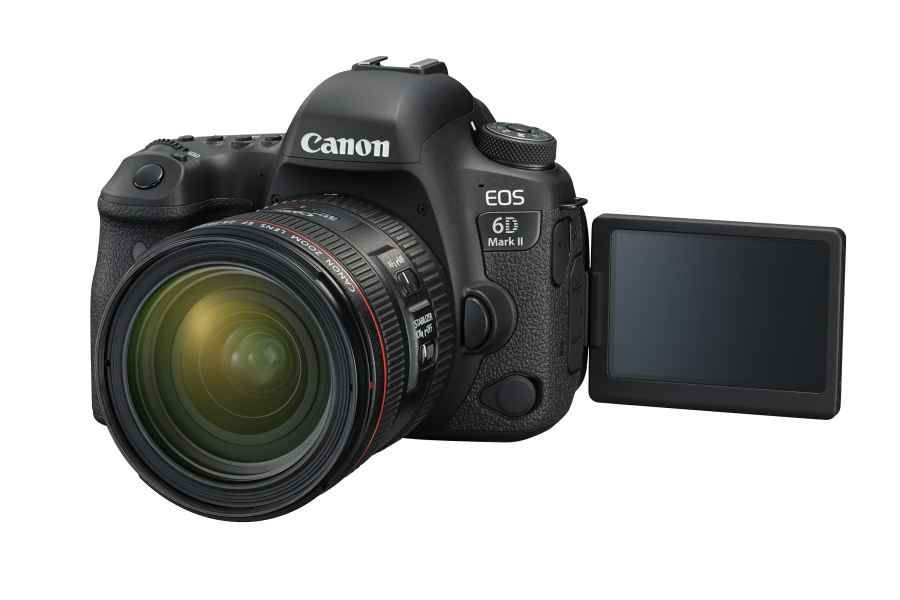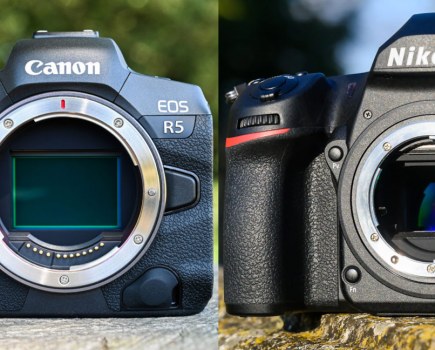It took nearly five years for Canon to finally unveil an upgrade to its “entry-level” full-frame model. The 6D Mark II features a series of improvements compared to its predecessor. In this piece, we are going to take a look at what’s changed, and what’s stayed the same.
Canon EOS 6D Mark II vs Canon EOS 6D: Sensor
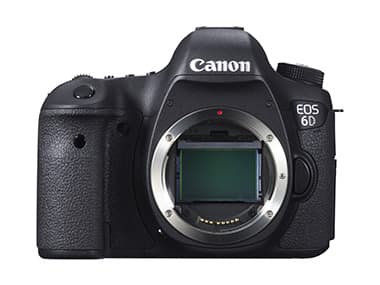
Both cameras feature full-frame sensors, and are designed to be an “entry” into full-frame shooting, perhaps if you can’t quite stretch to the asking price of a 5D Mark IV, or are more of an enthusiast than a professional.
While the old 6D featured 20.2 megapixels, the 6D Mark II has seen a bump in resolution, and now offers 26.2MP.
Canon EOS 6D Mark II vs Canon EOS 6D: Autofocus
Here’s one area where there’s quite a marked difference between the old version of the camera and the new. Whereas the new model has an impressive 45-point all cross-type AF system, the original 6D only had 11 points (of which, just one was the more sensitive cross type). Furthermore, when shooting in Live View, the 6D Mark II takes advantage of the more advanced Dual Pixel CMOS AF, which is designed for quicker, quieter and more accurate focusing. In short, the 6D Mark II should be better equipped to focus quickly in a variety of different situations, including low light.
Canon EOS 6D Mark II vs Canon EOS 6D: ISO
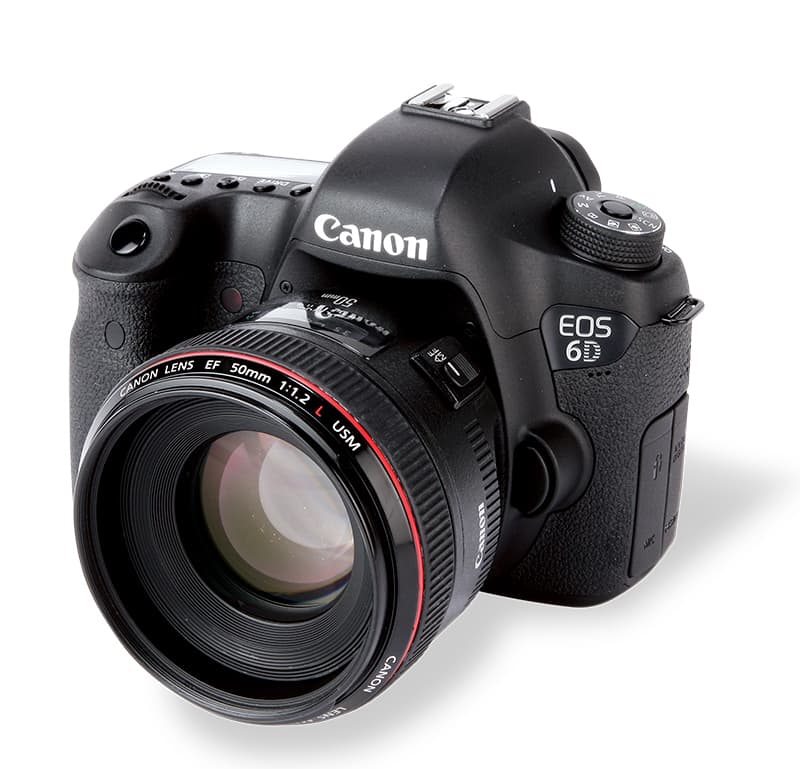
The 6D Mark II has seen a bump up in native sensitivity, now topping out at ISO 40,000, compared with ISO 25600 of the original 6D. This should mean that in low light, high sensitivity shots display less noise and an overall better quality. You can also use expansion settings up to ISO 102400, but this is available on both cameras.
Canon EOS 6D Mark II vs Canon EOS 6D: shutter speed
Here’s one thing which remains unchanged from the original 6D. Both cameras feature shutter speeds ranging from 1/4000 to 30 seconds, as well as a Bulb mode.
Canon EOS 6D Mark II vs Canon EOS 6D: Frame rate
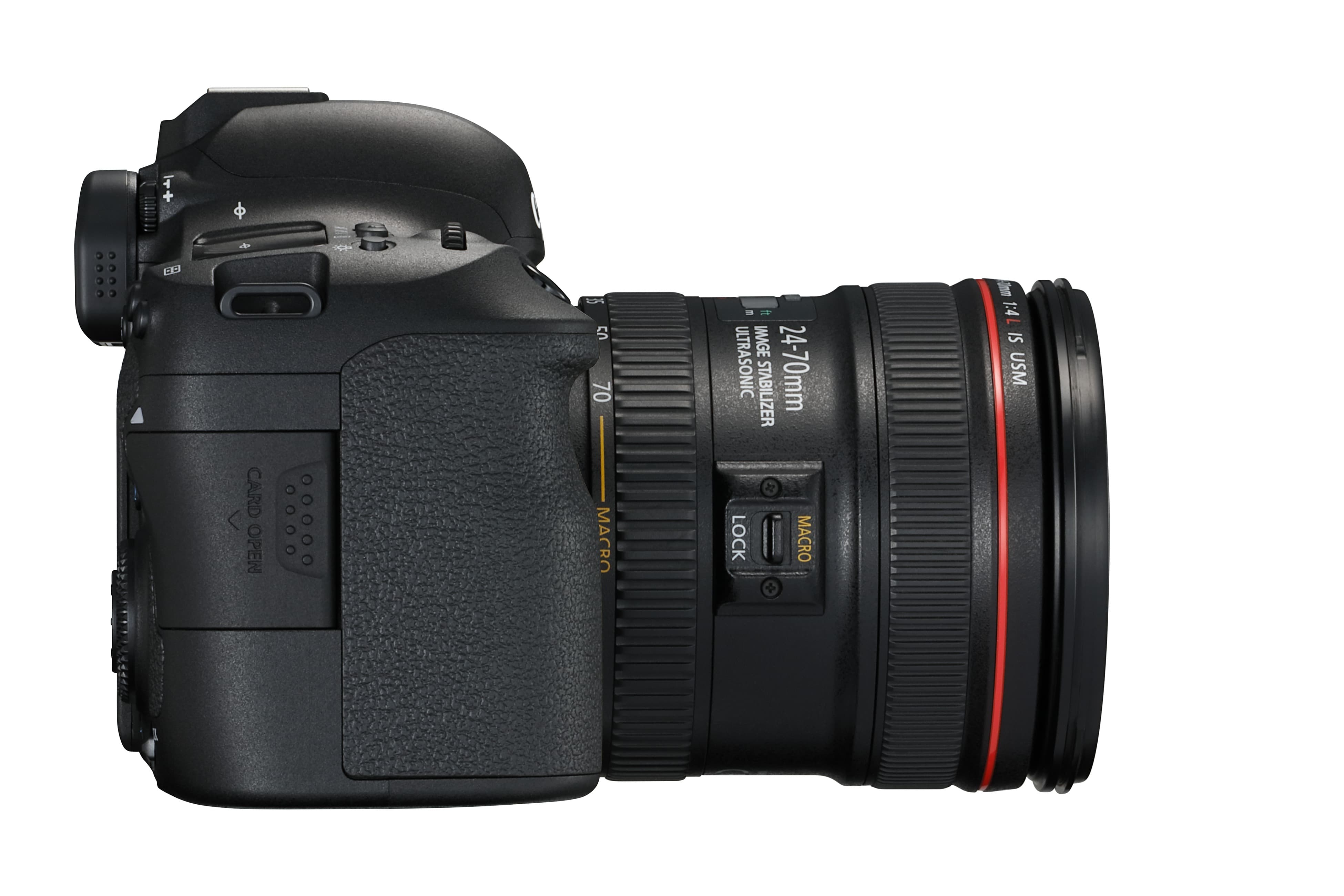
There’s been an increase in the frame rate from 4.5fps, up to a still modest 6.5fps. That should be enough for relatively slow moving action, but it’s also fair to say that the 6D Mark II is still not built with sports and action type photography in mind.
Canon EOS 6D Mark II vs Canon EOS 6D: processor
Canon has installed the latest DIGIC 7 processor in the 6D Mark II, which is an improvement from the Digic 5+ processor found in the original 6D. This should mean it’s faster to use, and that there’s an improvement in image noise when shooting at high ISO.
[collection]
Canon EOS 6D Mark II vs Canon EOS 6D: screen and viewfinder
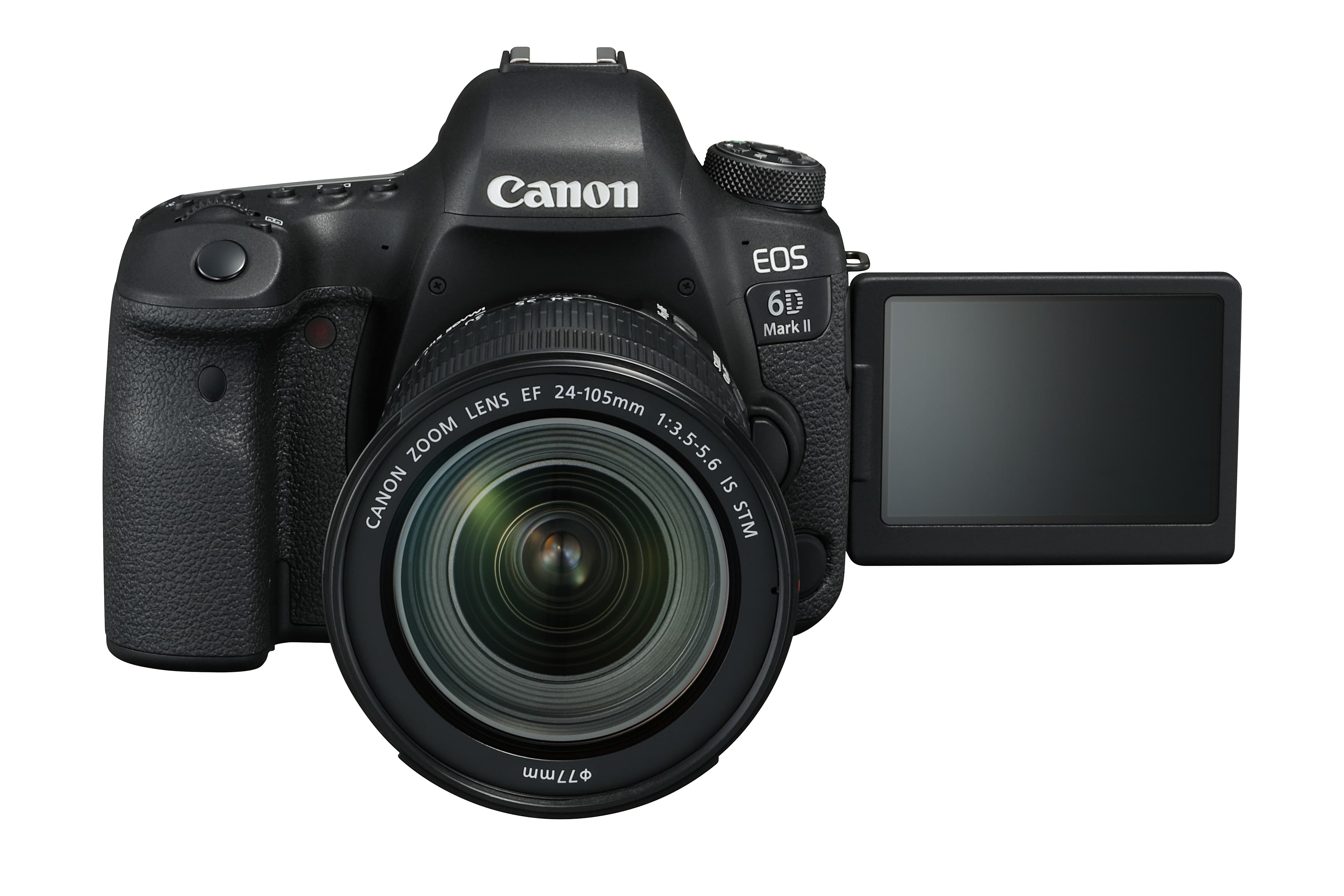
The new screen on the 6D Mark II is both articulating and touch-sensitive – the first full-frame camera to offer both. Videographers tend to prefer an articulating screen, while they are also useful when composing from awkward angles. By contrast, the original 6D had a fixed, not touch-sensitive screen.
In terms of the viewfinder, there’s still an optical viewfinder, and it’s still 0.71x magnification. There is a slight improvement in coverage. The 6D now offers 98% coverage, compared with the 97% of its predecessor. It would have been nice to see a 100% device here, though.
Canon EOS 6D Mark II vs Canon EOS 6D: video
Disappointingly for some, the 6D Mark II still only offers Full HD video recording. There has been an upgrade in terms of frame rates, though. The new model can shoot at up to 60p, compared with the 30p of the original 6D. 4K is available if you want to shoot a time lapse movie, while there’s also now 5-axis Movie IS available.
Canon EOS 6D Mark II vs Canon EOS 6D: design
In terms of dimensions and weight, the 6D Mark II is more or less identical to its predecessor, weighing just 10g more. Considering that the camera now has an articulating screen, it’s impressive that the dimensions remain almost identical, with just a couple of mm added. It also remains water and dust resistant, and also maintains the single card slot (SD). The 6D Mark II is one of the smallest full-frame DSLR cameras in the world.
Canon EOS 6D Mark II vs Canon EOS 6D: battery life
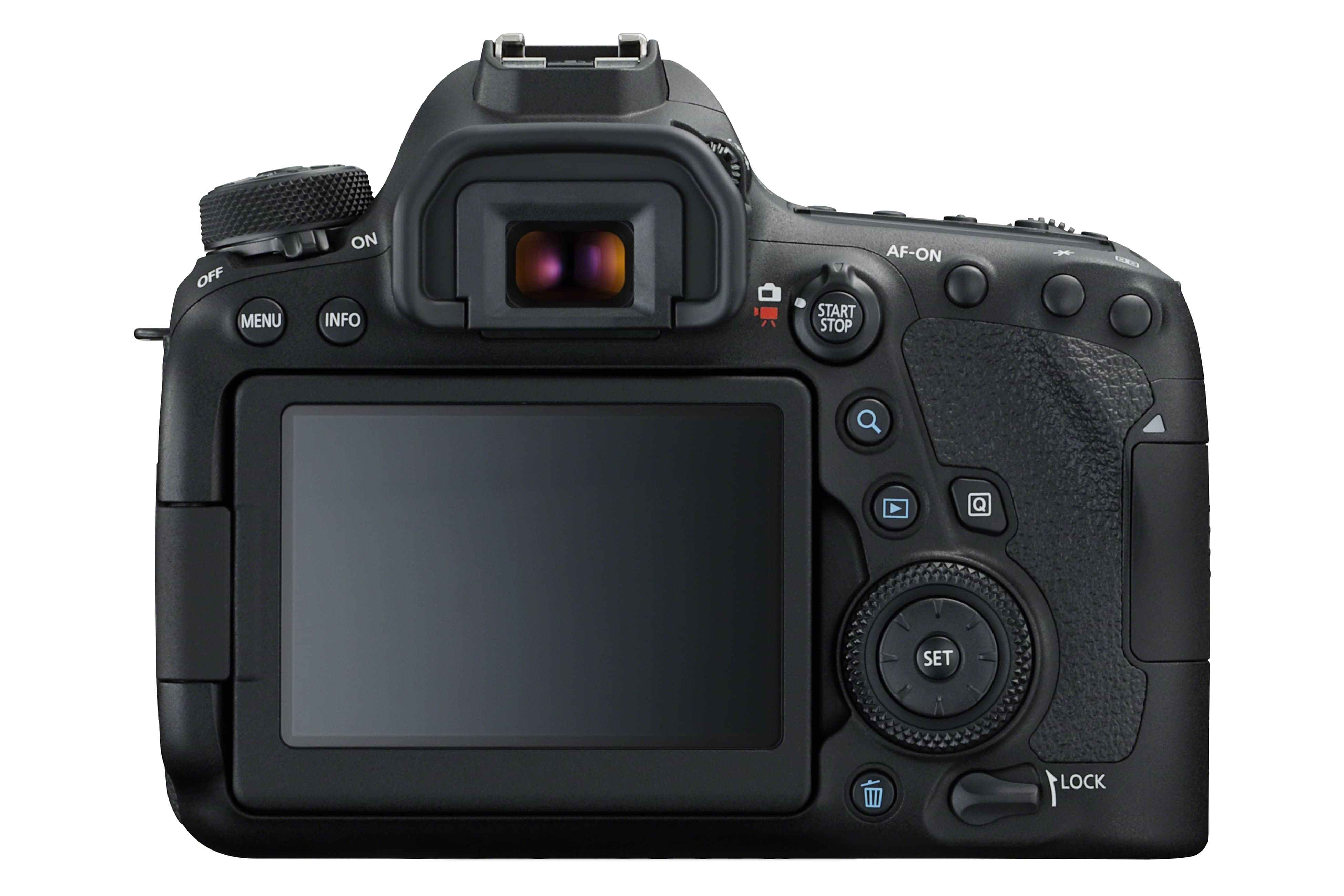
There’s been a slight boost to battery performance, with the 6D Mark II having an official rating of 1200, just up from 1090 of the original 6D. In the real-world you may be able to get more shots from it, but it’s likely you’ll need an additional battery if you’re relying on the camera for a long shoot.
Canon EOS 6D Mark II vs Canon EOS 6D: price
As a brand new camera to the market, the 6D Mark II is obviously the more expensive of the two. It will retail for around £2000 (body only). Meanwhile, you can pick up the original 6D for around £1399 (also body only).
Canon 6D Mark II vs Canon 5D Mark III
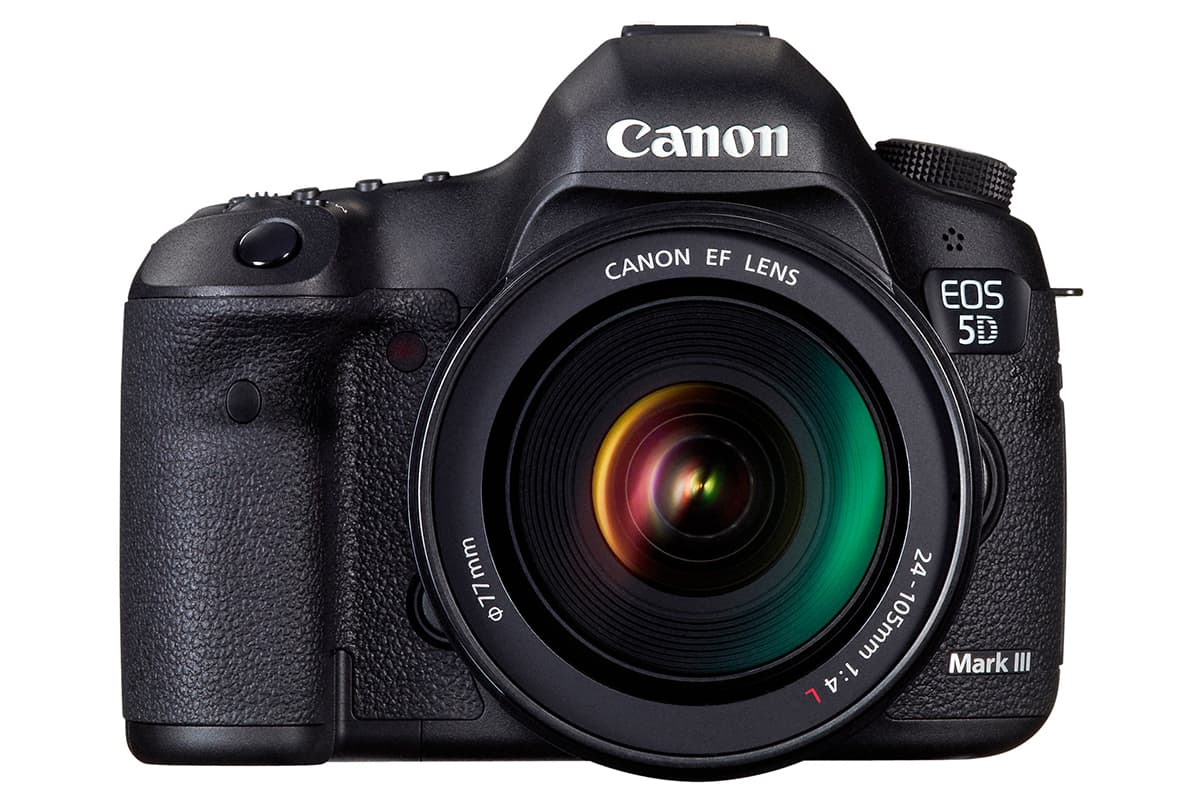
As it stands, you can buy the 5D Mark III for the same price as the new 6D Mark II. Although the 5D is a generation old (the latest model is the Mark IV), it is still an excellent camera.
The 6D Mark II beats the 5D Mark III in terms of sensor resolution, processor and frame rate. The 5D Mark III has more autofocus points (61-points, 41 of which are cross type), a viewfinder which offers 100% coverage and a slightly bigger LCD screen (although it doesn’t articulate). It’s also got dual memory card slots (one CF, one SD) and the construction of the body is of a higher quality.

